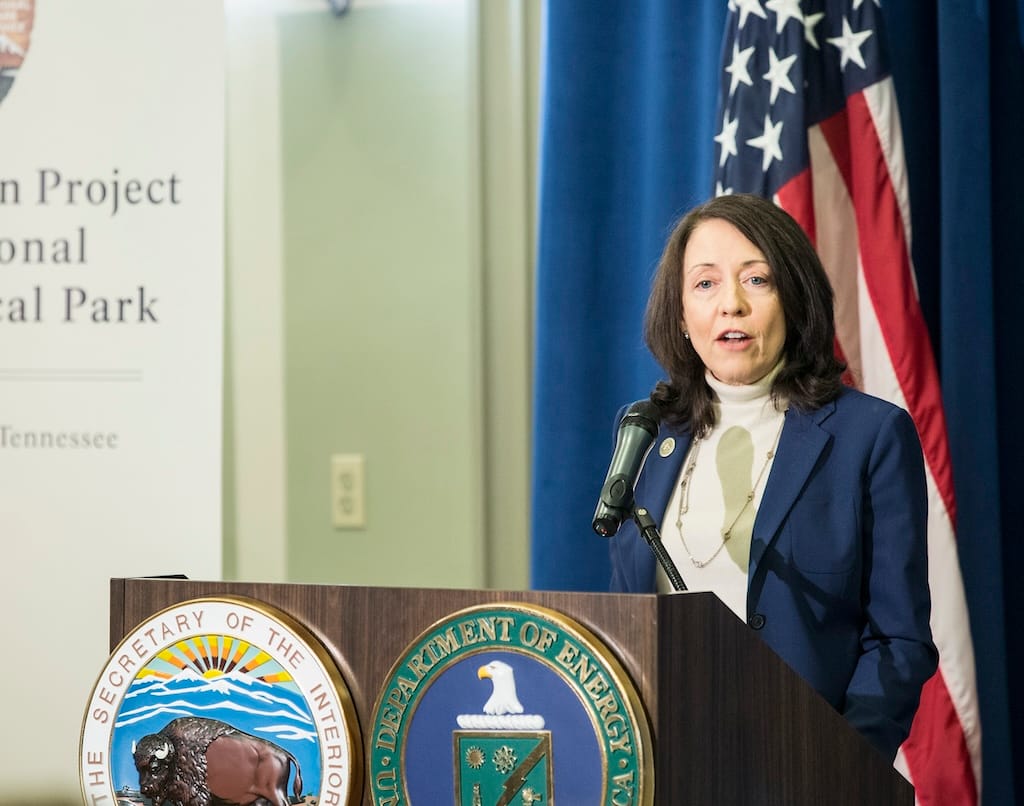
WASHINGTON, May 13, 2024 – The Senate Commerce Committee is set to vote Thursday on a bill that would provide short-term funding for the Affordable Connectivity Program as well as the rip and replace program.
Lawmakers had hoped to attach ACP funding to the must-pass Federal Aviation Administration reauthorization that made it out of the chamber on Thursday, but Senate leadership was successful in keeping non-aviation amendments off the bill.
The Affordable Connectivity Program currently provides 23 million households with $30 monthly discounts on their internet bills, but its $14.2 billion allotment from the Infrastructure, Investment and Jobs Act is running dry. April was the last month in which participants received the full discount, and the program’s remaining cash will be exhausted after providing smaller $14 benefits in May.
Monthslong efforts at staving off the ACP’s sunset have so far failed as Republican leaders in Congress express concern over waste in the program. The program is otherwise broadly popular, with support from consumer advocates, rank-and-file lawmakers on both sides of the aisle, and the broadband industry.
The Spectrum and National Security Act, proposed by Committee Chair Maria Cantwell, D-Washington, would reinstate the Federal Communications Commission’s lapsed authority to auction off spectrum bands to commercial users. Proceeds from those auctions would be tapped to pay back a $7-billion infusion of cash to keep the ACP afloat.
Cantwell’s bill does not currently include changes to the program’s eligibility requirements, something the FAA amendment language added to gain the support of Senate Republicans, including Armed Services Committee Ranking Member Roger Wicker, R-Mississippi.
The amendment, since filed by lead sponsor Ben Ray Luján, D-New Mexico, as a standalone measure, would have tightened income requirements, lowering the eligibility threshold to 135 percent of the federal poverty line from the current 200 percent, and instituted tougher verification requirements. It would also have required the FCC to stand up anti-fraud measures. The agency’s Inspector General has raised alarms about providers inflating enrollment numbers, and the FCC Enforcement Bureau announced sanctions against three providers for such violations in recent days.
Top Senate Republicans have also expressed opposition to preemptively tapping spectrum auction proceeds for spending priorities. A competing auction authority bill from Senate Commerce Ranking Member Ted Cruz, R-Texas, would not earmark auction money for purposes outside of relocating federal systems to make room for industry.
It’s not clear how those differences will affect Thursday’s markup, but the Spectrum and National Security Act represents one of the few remaining avenues for preventing the ACP from drying up entirely.
A spokesperson for Luján told Broadband Breakfast that he secured commitments from Senate leadership to move forward with a vote on allocating more ACP and rip and replace funding, but the House would still have to pass such a measure. House Speaker Mike Johnson, R-Louisiana, has so far refused to allow a vote on a January bill that would provide $6 billion for the ACP. An effort to force that bill out of committee and get a vote without Johnson’s blessing, which would require some House Republicans to buck party leadership to get the requisite number of signatures, has stalled.
The Biden administration is relying on the ACP to bolster the $42.5-billion broadband expansion effort stood up alongside it by the Infrastructure Act. The Broadband Equity, Access and Deployment program’s affordability requirements were drawn up with the subsidy in mind, as it makes households in the rural areas targeted by BEAD more likely to get and stay subscribed, which industry analysts say makes a better business case for providers to build out networks.
“ACP is the cornerstone of BEAD,” Kathryn de Wit, director of The Pew Charitable Trusts’ broadband access initiative, said at a recent Senate hearing. “Without a bridge for funding ACP, we threaten billions in deployment grants across the country.”
As a long-term solution, a group of lawmakers led by Luján is looking at folding the ACP into the FCC’s Universal Service Fund as part of a comprehensive modernization effort. The USF is funded by fees on telecommunications providers and, while that pool of revenue is shrinking, is generally considered more stable than congressional appropriations.
The working group is also looking to change that funding mechanism, with commenters and other lawmakers suggesting adding broadband providers and potentially tech companies like Google and Meta, called edge providers, to the contribution pool. The FCC chairwoman has expressed reservations about tapping ISPs – the agency chose not to collect USF fees from broadband providers when it reclassified them as Title II carriers last month – and suggested the group look to edge providers or online advertisers. She said the fund could likely support the extra ACP expenditures if contributions were modernized.
The USF spends about $8 billion annually subsidizing rural broadband infrastructure and internet discounts for low-income households, schools and libraries, and healthcare centers.


